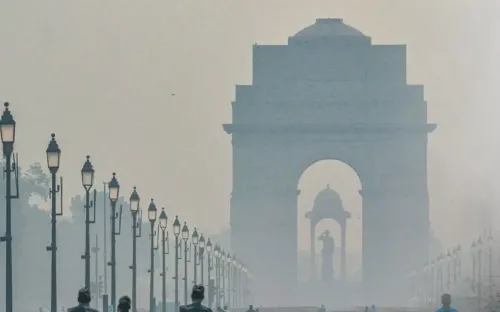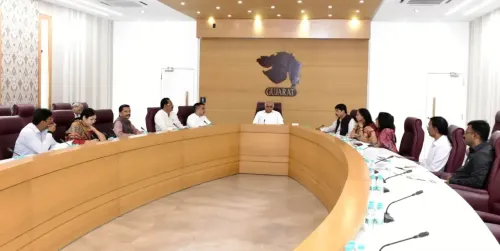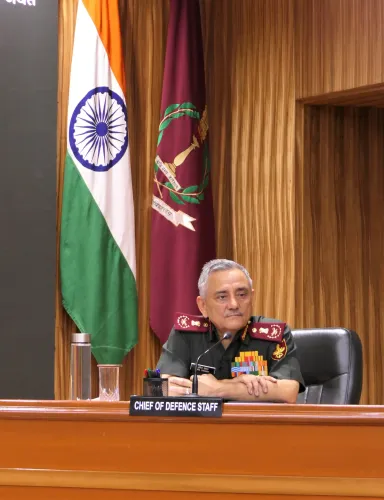Madhya Pradesh: Anti-Begging Initiative to Commence in Bhopal

Synopsis
Key Takeaways
- Anti-begging initiative launched in Bhopal.
- Crackdown includes religious sites and tourist attractions.
- Legal actions against non-compliance.
- Rescue and rehabilitation for beggars.
- Part of the government’s SMILE project.
Bhopal, Feb 3 (NationPress) Following Indore, the Madhya Pradesh government is set to implement an anti-begging initiative in the capital city, Bhopal.
The Bhopal district administration released a notice on Monday, indicating that the crackdown on begging will extend beyond traffic signals to include religious sites and tourist attractions in the city.
According to the notification issued by Bhopal's additional district magistrate, beggars create inconvenience for commuters at traffic signals and contribute to road accidents. The notice states, "Individuals engaged in criminal activities often resort to begging."
The notification further stated, "Under Article 163 of the Indian Civil Defence Code - 2023, begging within Bhopal's jurisdiction will be prohibited. Citizens are urged not to give money or purchase items from those involved in begging."
The notice also clarified that failure to comply with these directives could be seen as a "violation of an order," leading to potential legal action.
Individuals found begging at traffic signals will be rescued and relocated to a rehabilitation center in Kolar.
It is noteworthy that the Indore district administration began its crackdown on begging approximately six months ago, resulting in numerous rescues.
As of January 1, the Indore district administration has declared that anyone caught donating alms will face an FIR. The initiative against begging is part of the government's SMILE project (Support for Marginalised Individuals for Livelihood and Enterprise).
Introduced by the Union Ministry of Social Justice, the program aims to eradicate begging in cities by providing sustainable solutions. The district administration has stated that this campaign is launched to rescue children and women involved in begging at intersections.
A dedicated team has been assigned to address this issue in collaboration with various departments to implement a grassroots campaign.
The district administration has reiterated that this campaign aims to rescue children and women engaged in begging at intersections.







